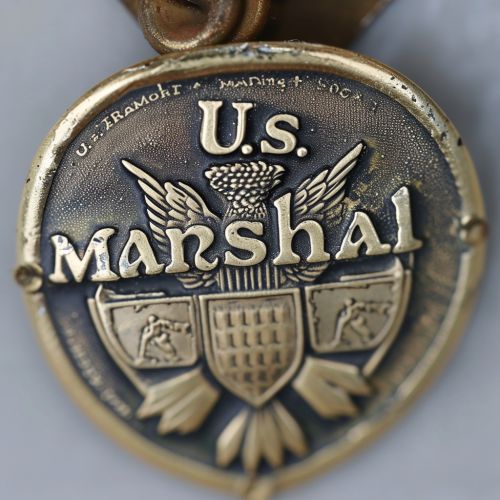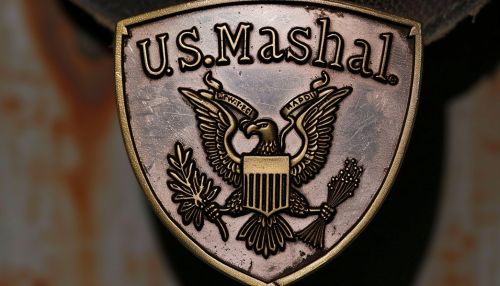United States Marshals Service
Overview
The United States Marshals Service (USMS) is a federal law enforcement agency within the U.S. Department of Justice. It is the oldest American federal law enforcement agency and was created by the Judiciary Act of 1789. The USMS operates under the authority of the Attorney General of the United States.
History
The United States Marshals Service was established by the first Congress in the Judiciary Act of 1789, the same legislation that established the Federal judicial system. The Marshals were given extensive authority to support the federal courts within their judicial districts and to carry out all lawful orders issued by judges, Congress, or the President.
Organization
The USMS is headed by a Director, who is appointed by the President and confirmed by the Senate. The Director is assisted by a Deputy Director and several Assistant Directors who manage the agency's divisions.
Duties and Responsibilities
The primary role of the U.S. Marshals Service is to protect the federal judiciary. This includes ensuring the safe and secure conduct of judicial proceedings, and the protection of federal judges, jurors, and other members of the federal judiciary. The USMS also provides physical security in courthouses, safeguarding witnesses, managing assets seized from criminal enterprises, transporting federal prisoners, and operating the Witness Security Program.
Training
Prospective U.S. Marshals must undergo a rigorous selection process, which includes a structured interview, a medical examination, and a physical fitness test. Upon selection, they attend a 21.5-week basic training course at the U.S. Marshals Service Training Academy.
Operations
The U.S. Marshals Service carries out a wide range of operations, including fugitive investigations, witness security, prisoner transportation, and asset forfeiture. The agency also provides support to other federal, state, and local law enforcement agencies.
Notable Cases
The U.S. Marshals Service has been involved in a number of high-profile cases throughout its history, including the apprehension of fugitives such as James Earl Ray, the assassin of Martin Luther King Jr., and Ted Bundy, a notorious serial killer.
See Also
- Federal Bureau of Investigation
- Drug Enforcement Administration
- Bureau of Alcohol, Tobacco, Firearms and Explosives


